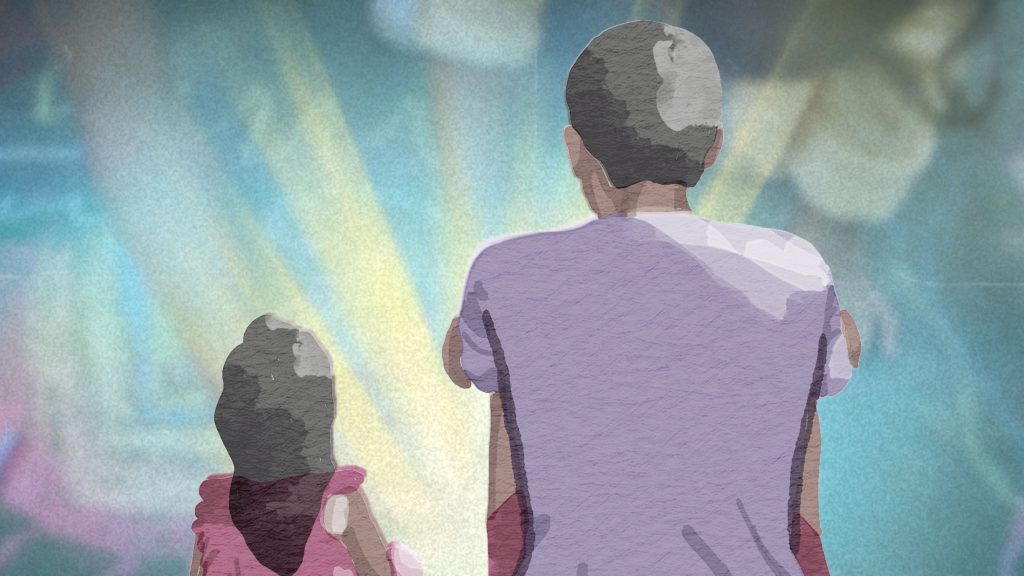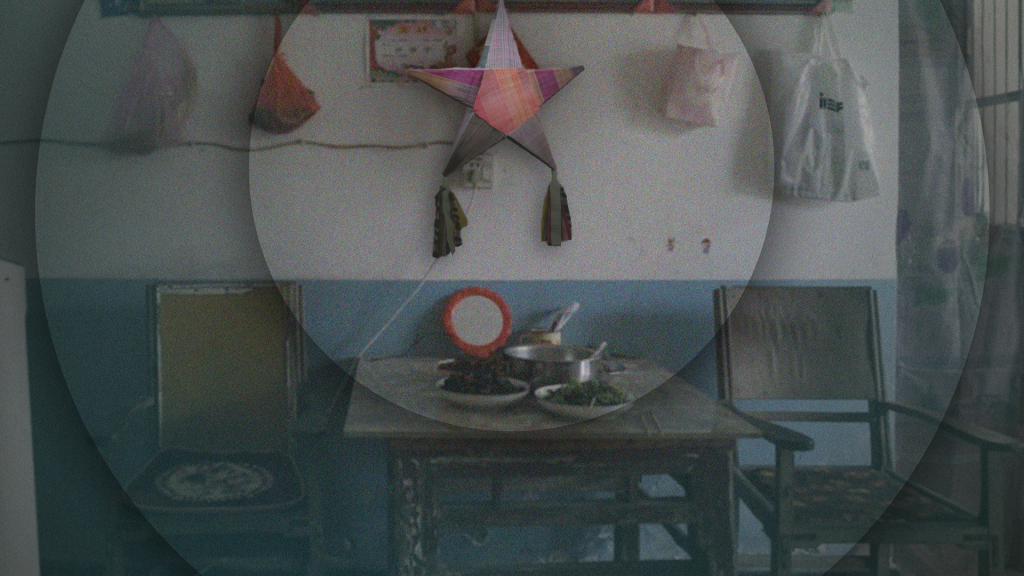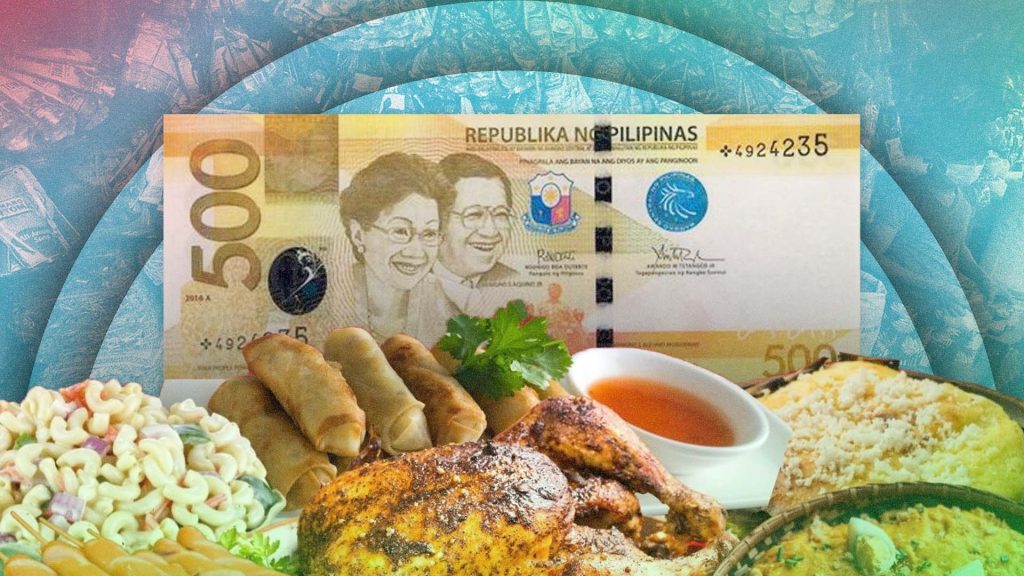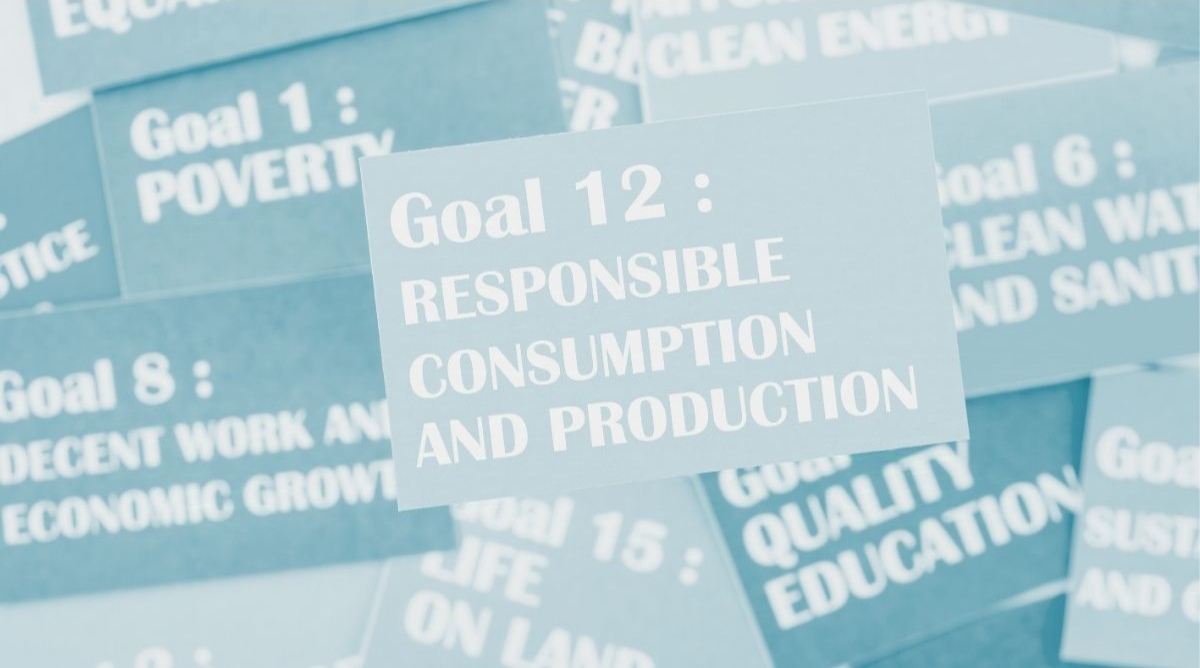Now Reading: COLUMN | Re[SILLY]nce: We Adapt, But We Should Demand
-
01
COLUMN | Re[SILLY]nce: We Adapt, But We Should Demand
COLUMN | Re[SILLY]nce: We Adapt, But We Should Demand

Junel F. Fiestada
 |
| Cartoon by Joseph Idusora
A lot of us have probably heard and once believed that hard work is the key to success. While it is a key, it is not the key as hard work alone cannot suffice one’s needs, especially in times when everything grows substantially in price. Just after President Ferdinand “Bongbong” Marcos Jr. succeeded the palace, his stance on the country’s inflation made headlines. Marcos Jr. disagreed with the figure presented by the Philippine Statistics Authority (PSA) and said that “We’re not that high,” as the inflation reading in June 2022 was 6.1% The president seemed to be confident that his administration can handle the growing inflation, but current PSA figures proved him wrong. In a recently reported figure, January 2023 inflation rate spiked to 8.7%, the highest figure since November 2008. It is empirical that as livelihood and daily living costs increase, so should the minimum wage – that is the ratio of living costs to salary costs. However, that is not the case in the Philippines. It is funny how market products jet in value, but the minimum wage does not seem to be affected by inflation. Take for example, the comparison of Jollibee’s Garlic Pepper Beef and the minimum wage in NCR for the last nine years. Last 2014, solo order of Garlic Pepper Beef was merely P49, but just last holiday season, a solo order costs P95 while a value meal costs P120. Meanwhile, the minimum wage for the non-agricultural sector barely increased from approximately P480 to P570 per day. Moreover, the current minimum wage cannot even buy a kilogram of red onion, as its price soared to over P700 late last year, Department of Agriculture (DA) monitoring shows. DA Undersecretary Domingo Panganiban disclosed that they found smugglers hoarding stocks of onions in a warehouse. Aside from a kilo of onion, the minimum wage is also not enough to cover daily expenditures and even basic needs in a household. Maybe if today’s setting is 10 years ago, the minimum wage could support a family, but as of the moment, the current minimum wage barely suffices a family of three. The worst part is, the government cannot offer a concrete solution and keeps glorifying Filipino resilience. The government cannot simply reiterate to the Filipino people the concepts of pagtitiis, diskarte, and pagbangon because they have the means to actually mitigate the situation – one of which is by abolishing TRAIN Law. The said law enforces excise tax on oil products, which in turn increases the product’s market price. Furthermore, the government can also work on increasing workers’ salaries and patronizing local production over importation. Local farmers are in fact neglected and usually their crops are sold at extremely low prices to compete with imported products. The worst case is that way back months ago, red onions were just decomposing in Nueva Ecija because they weren’t able to sell them. By helping local farmers boost their production and lessening imports from China and other foreign countries, the government can help the livelihood of farmers. Furthermore, research published in 2011supports that resiliency cannot be overused, otherwise, adverse effects may happen. It suggests that although resiliency is an effective adaptive mechanism to adjust to the changes in the society brought by calamities and financial problems, too much of it defeats the purpose and resilience becomes maladaptive. It is not productive anymore for Filipinos to be numb and tolerant of distress and just relying on themselves. In times when the government calls upon resilience instead of solutions, the youth sector is one the sectors being pushed back. Students with minimum wage earner parents are vulnerable because school supplies are at its peak. Due to inflation, intermediate pad paper costs about P20 to P30 pesos, whereas, nine years ago it was just at least P10 to P20. It is not just school supplies that double in price, even meal prices have shot up. Atty. Diane Azores, 2019 Bar Topnotcher, said, “Filipino resiliency has transformed us into masochists.” Instead of demanding accountability, we prefer to be secluded in the suffering brought by the administration’s incompetence. Filipinos work things out on their own and we find our way out of the financial quicksand. However, that should not be the case. We cannot always imply optimism and say that everything will pass. Yes, everything will pass, but we have to ensure that in a society, it is not just citizens and resilience; in a society, it should be the citizens and the government working hand-in-hand. In vernacular, hindi pwedeng puro diskarte, dapat may goberyno rin. We all have to remember that resilience is made with a choice;without a choice, it is not at all resilience, but an act of being a martyr. We, Filipinos, should not bear the burden brought by the government. We should not endure hardships because of their incapabilities. They have the power and capacity to mitigate the situation, and we cannot turn a blind eye knowing that they are doing nothing to ease Filipinos’ livelihood. Indeed, Filipinos are resilient, and it is a good factor. We know the concept of paghihigpit ng sinturon. However, as we tighten our belts, the government should do something to help citizens slowly loosen them, otherwise, as we periodically tighten our belts, we will reach the point that we cannot squeeze in further and that our “diskarte” won’t ease the looming situation anymore. |




















